
Before the real cleansing process begins, the body must be readied using prescribed procedures to assist it to get over the toxins. Snehan and Svedana are the names of these two operations.
Snehan is the process of doing oil massages by experts. A specific kind of massage is followed by applying oil to the entire body, which aids in the movement of toxins into the gastrointestinal tract. Oil massage also softens the superficial and deep tissues; thus relieving tension and nourishing the neurological system. Snehan is done once a day for three to seven days, as directed. Svedana is controlled by sweating or sudation, and it is conducted every day for the next few days immediately after the Snehan. To further liberate the toxins from the human, a herbal combination may be added to the steam. Toxins are liquefied by Svedana, which enhances their migration into the gastrointestinal system. The doshas are well “ripened” after 3 to 7 days of Snehan and Svedana.
A specific panchakarma procedure is then prescribed based on the individual’s Prakruti and Vikruti, or constitution and pathology, respectively. The 5 Panchakarma Treatments are mentioned below:
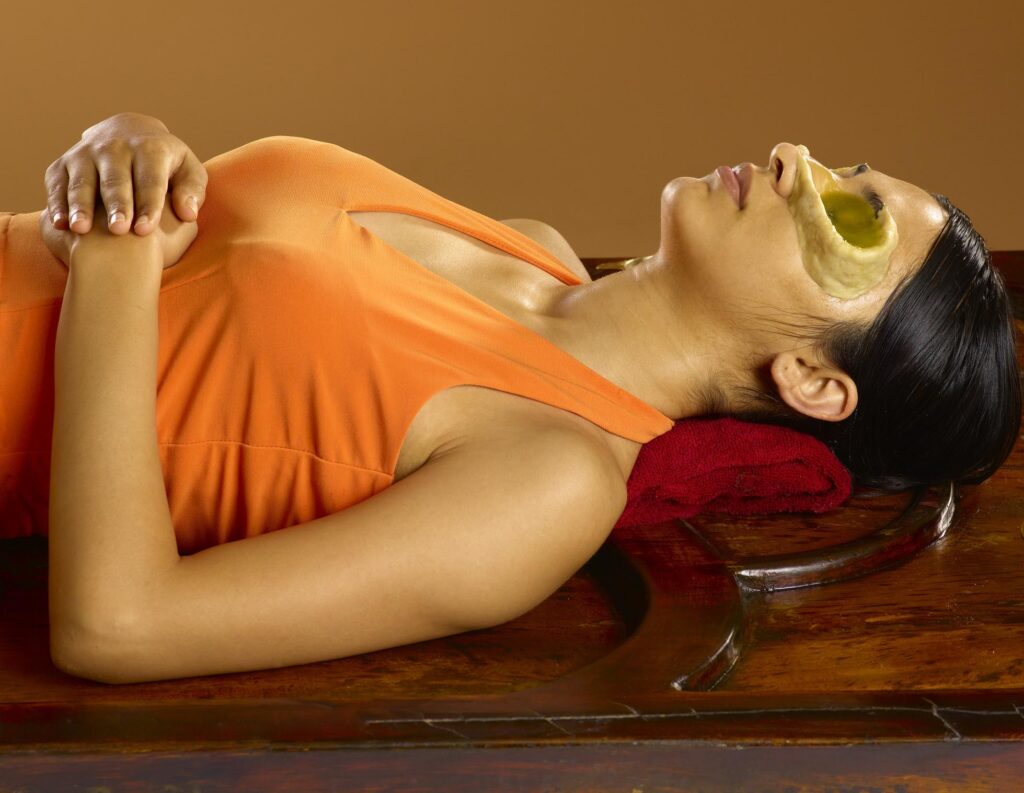
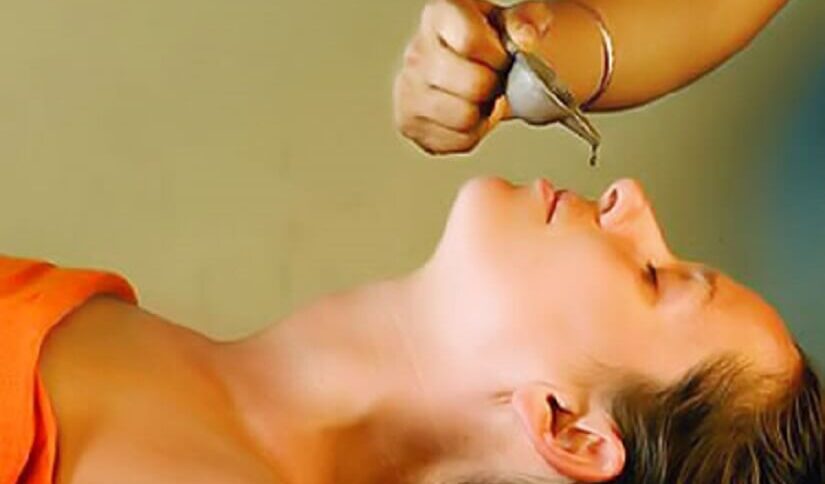
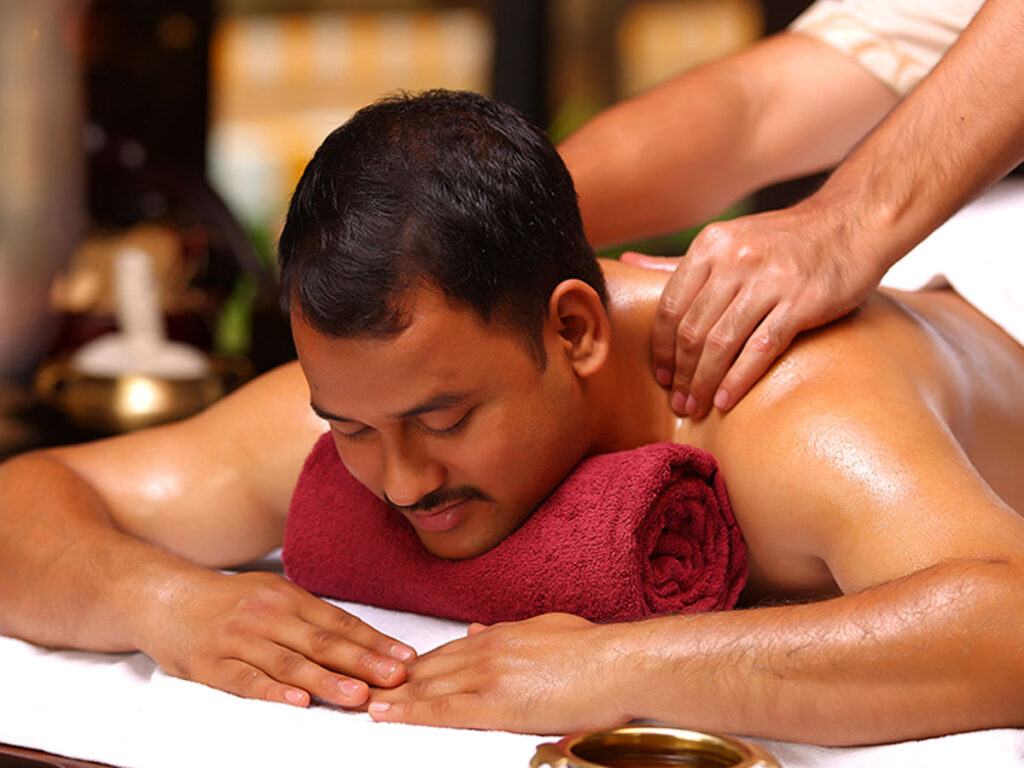
Vamana: Medication is used to cause the toxins to dissolve and collect in the upper body cavities. Following that, vomiting is induced using a decoction and emetic mixture. This treatment is quite successful and is most suited for disorders associated with the Kapha and Pitta doshas, such as Asthma, Indigestion, Obesity, Hyperacidity, and so on.
Virechana: This phase entails thoroughly cleansing the bowels. As awful as it may seem, it cleanses the liver, intestines, and gallbladder of all toxins. This method is particularly suitable for Pita dosha-related ailments such as liver and spleen diseases, stomatitis, herpes, celiac infection, and so on.
Basti: This procedure includes injecting a medicinal herbal decoction mixed with oil into the colon through the rectum. Toxins are absorbed and eventually eliminated from the colon. This method aids in the treatment of Vata Doha-related diseases like arthritis, piles, constipation, skin problems, sciatica, and so on.
Nasyam: This phase is slowly introducing medicinal herbal nasal drops into the nostrils in order to remove the accumulated Kapha around the head area. Although it is an unpleasant procedure, it aids in the relief of cerebral discomfort, sinusitis, neurological problems, migraine, sleep and vision difficulties, and so on.
Raktamokshana: The final phase is the detoxification of the blood. It entails the removal of polluted blood, which was the source of many diseases. It can be done for the entire body or for a specific section of the body. This is often accomplished by leech treatment and/or venous punctures. It aids in the treatment of a plethora of skin infections, dermatitis, psoriasis, abscesses, and other medical conditions.
Please keep in mind that all the above-mentioned five stages are not required for every individual. Our specialists at Paranada Ayurved Clinic Chikhali will choose the proper therapies and duration based on your age, medical condition, and Doshic imbalance.
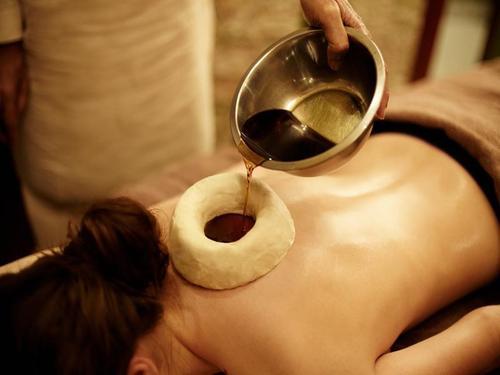
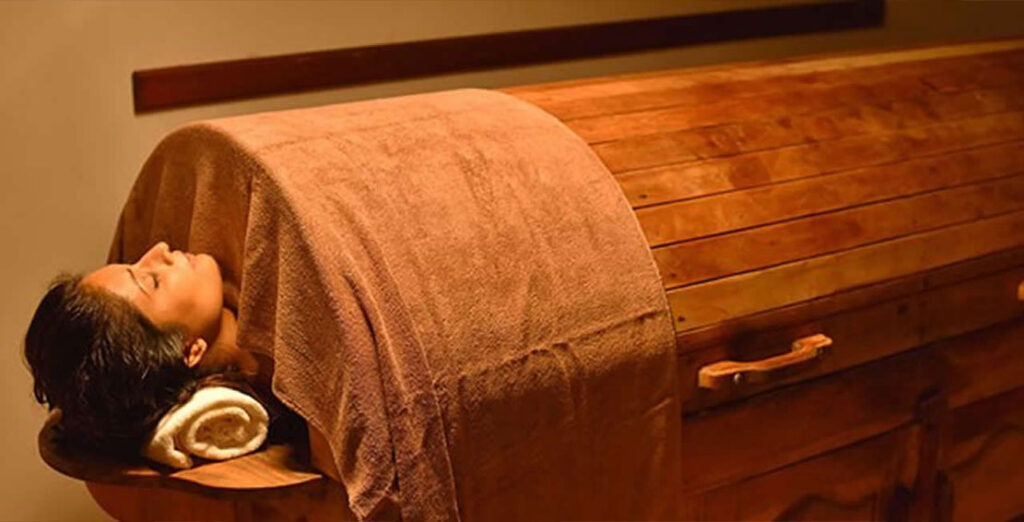
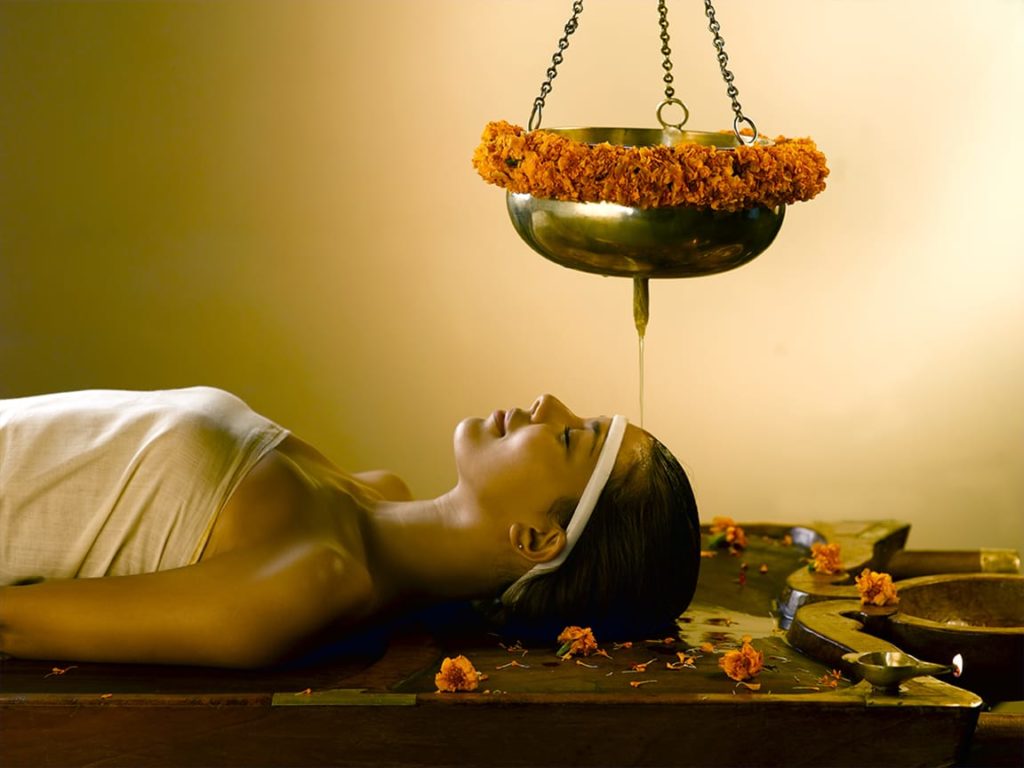
Copyright © 2024. All Rights Reserved.
WhatsApp us